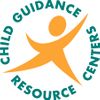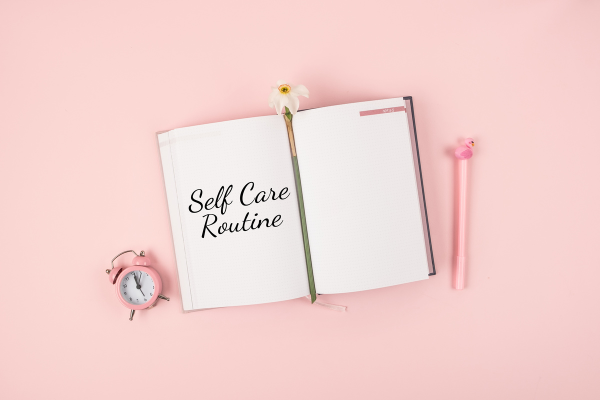By Heather Kerns, LPN, Wellness Nurse
It has been difficult to maintain wellness during these last many months. The disruption to our routines, additional stress, changes in finances, and so much more all contribute to how we are able to care for ourselves. We believe wellness is always important, but especially so during the current pandemic. I am the Wellness Nurse at Child Guidance’s Coatesville location and today, I’ll share a few ways you can invest in yourself and your overall wellness in the coming months.
There are 8 dimensions of wellness: physical, occupational, spiritual, social, financial, emotional, intellectual, and environmental. Each dimension can help to balance the others. Similarly, if you are struggling in one of the dimensions, it can then affect the other seven. This pandemic has probably put a huge strain on your wellness, in one way or another. When stress is heightened, it is hard to put your self care as a top priority. That said, balancing and managing your own wellness is the key to living a healthy mental and physical lifestyle.

What are some ways to help balance your wellness? I believe that one of the most important aspects to anyone’s wellness is knowing your body! Are you feeling sick? Are you feeling run down? Do you have an injury or illness that you have been neglecting? Are you feeling anxious, upset, stressed, or depressed? It is very important to pay attention to our own health and needs and make that a priority. It’s hard to take care of and be there for our families and friends if we don’t recognize when we, ourselves, need help. It’s okay to call your doctor, take a rest day, or talk to someone. It’s okay to admit when we need help. It’s okay to ask for support. It’s okay to take time for yourself. In fact, it’s a really powerful and beautiful model for others in your life!
This brings us to another important aspect of wellness: self care. Some of us are now staying home with our kids, or are being asked to work from home, or have unfortunately lost their jobs. It is still important to get up, get dressed, shower daily, and stay on a routine. Consider is developing a self care plan. To do that, you can Evaluate your positive and negative coping skills and then identify your self care needs. What are you currently doing in each area? Are there things you want to try? Next, look for barriers and room for improvement. Reflect, Examine, and Replace.
Here, you will find a chart that shows types of self care within each category.

When we talk about wellness, it’s also important to think about nutrition. Maintaining a healthy diet rich in proteins, whole grains, fruits, and vegetables not only reduces the risk of health related issues/diseases, but it also helps to improve your overall well-being. For families who are on a limited income and find it hard to afford some of the options at the grocery stores, there are resources that can help. One resource is The Supplemental Nutrition Assistance Program (SNAP). Eligible families can buy fruit, vegetables, bread, cereal, meat, fish, poultry and milk with this monthly benefit. Another option is to look into a local food bank. Food banks receive surplus foods from national sources as well as local donations from charities, church groups and individuals. Farmers Markets are also a great place to shop for fresh produce! These markets provide fresh, locally grown produce that you often can purchase with SNAP dollars. Here’s another perk: Many states will give double dollars for SNAP participants who use farmers markets. So, $10 in SNAP benefits will get you $20 in produce. Planting a garden is also a way to provide you and your family with fresh vegetables AND it has mental health benefits as well.
Another important way to balance wellness is to move your body. Exercising regularly is important, not only for physical wellness, but also for mental wellness. The increased laundry, cooking, schoolwork, and change in routine can be stressful. Take time for yourself! Walk, stretch, try yoga, go for a jog, try kickboxing. Physical movement is a healthy way to manage stress and maintain balance and once you get into a routine, it can be really fun, too.
Finally, don’t forget to stay socially connected. Check on your neighbors, call or text your friends, email co-workers, Zoom with relatives. We know that it’s been a long time since things felt “normal.” That means we have to take more time and energy in making ourselves stay connected – it’s really important and worth it. Encourage your kids to stay socially connected with their friends as well. Loneliness and isolation can cause chaos for an individual’s health in many ways. Staying socially connected is something that we can all do while still maintaining social distancing.
Remember, this is all temporary even when it does not feel like it. Find ways to laugh, be silly, relax, and have fun! We are all in this together. If you are struggling and need support, don’t hesitate to reach out. We’re here.
About the author: Heather Kerns is the Wellness Nurse at the Coatesville office for CGRC. She has been a nurse for close to 14 years. Ever since she was a little girl, she has always wanted to become a nurse, so that she could help others. In her free time, she loves spending time with her family and training Jiu-Jitsu.

